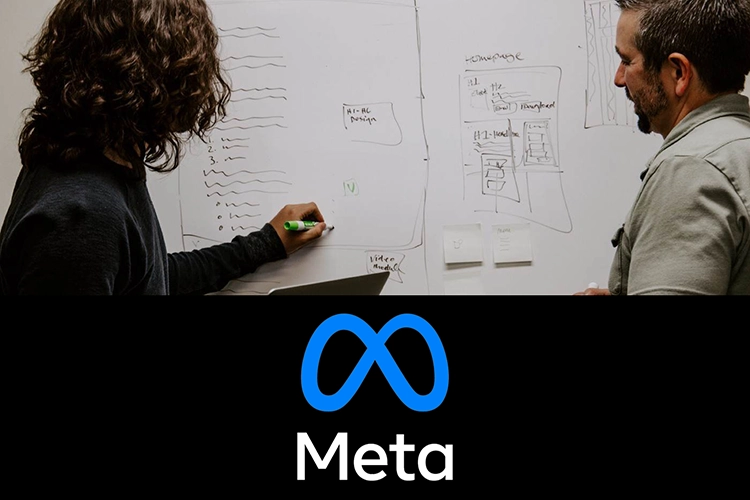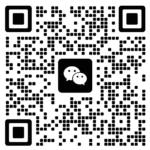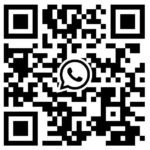
Latest Meta Interview Questions
Meta Interview FAQs
What is the daily routine of a Meta Engineer?
The day-to-day work of a Meta Engineer varies from team to team and project to project, but typically includes designing and developing software, performing code reviews, participating in system architecture discussions, debugging and testing, and collaborating with product managers and designers. Many teams utilize agile development methods, so iteration and rapid delivery are the norm.
What are Meta's skill requirements for engineers?
Meta demands a high level of skill from its engineers and usually focuses on the following areas:
Solid foundation in data structures and algorithms: This is the top priority of the interview.
Programming language proficiency: Python, C++, Java, Go, JavaScript, etc. are common languages.
System design capabilities: Ability to design scalable, highly available, high performance distributed systems.
Problem solving skills: Ability to independently analyze and solve complex technical problems.
Good communication and collaboration skills: Ability to communicate effectively and collaborate with others in a team.
A focus on product and user experience: Engineers don't just write code, they understand the product and create value for users.
What is the size and organization of Meta's team of engineers?
Meta has a large team of engineers around the world, organized into multiple product groups and sub-teams. Each team typically consists of a few to dozens of engineers and is led by an Engineering Manager (EM) or Technical Lead (TL). There is a lot of collaboration and knowledge sharing between teams.
What is the career path for Meta Engineers?
Meta's career paths for engineers are usually categorized into technical and managerial routes.
Technology Route: From Junior Engineer (E3) to Senior Engineer (E4, E5), Principal Engineer (Staff Engineer, E6), Senior Staff Engineer (E7) and even higher (Principal Engineer, E8+).
Management Route: From Technical Manager (EM) to Senior Technical Manager (Senior EM), Director, and Senior Director.
What support does Meta have for new engineers (New Grad)?
Bootcamp: A weeks-long training program to help new hires understand the company culture, tools and processes, and choose the right team.
Mentorship: Each new employee is assigned an experienced mentor to provide guidance and support.
Continuous learning: A wealth of in-house courses, technology sharing and conferences.

